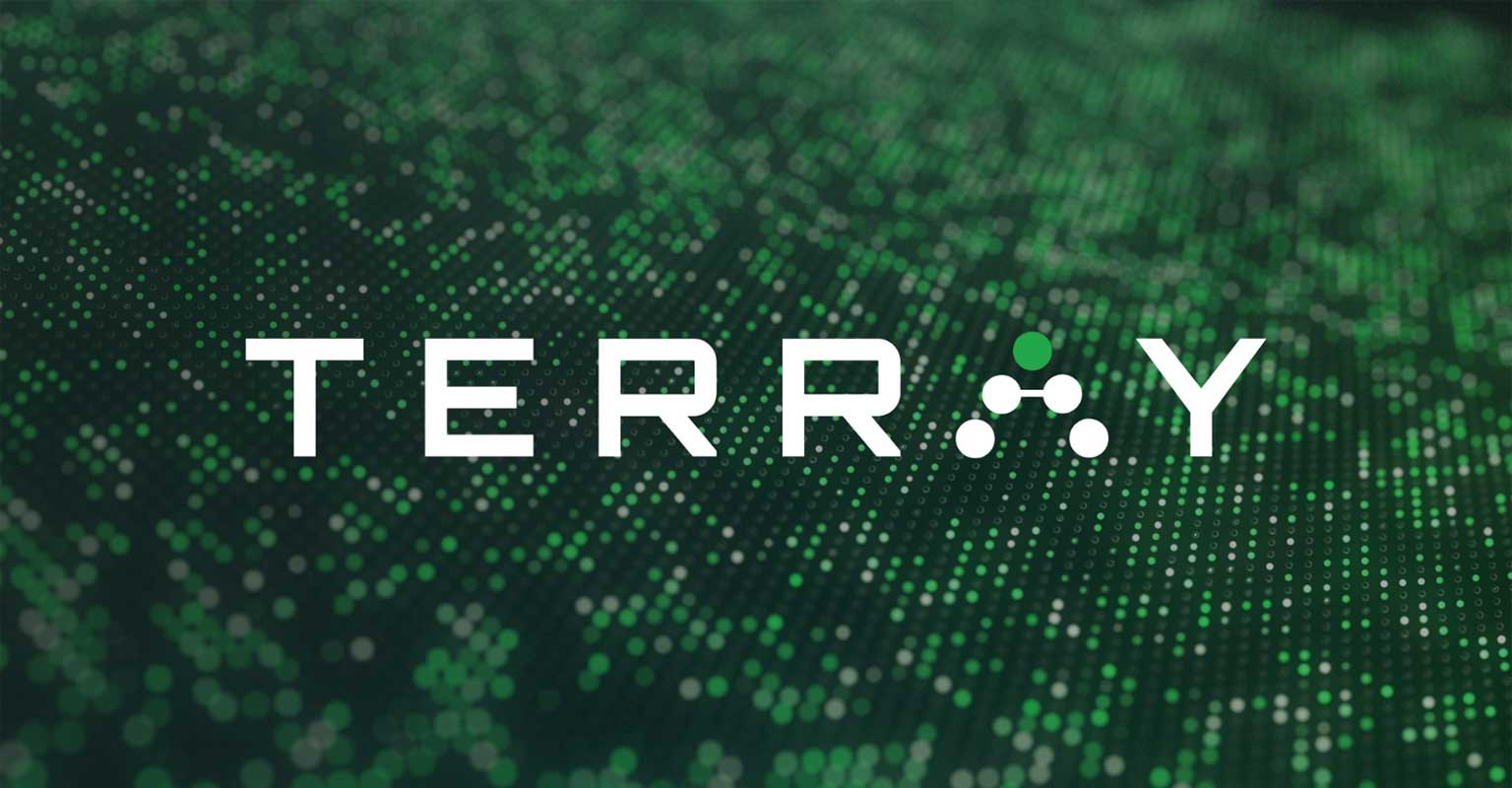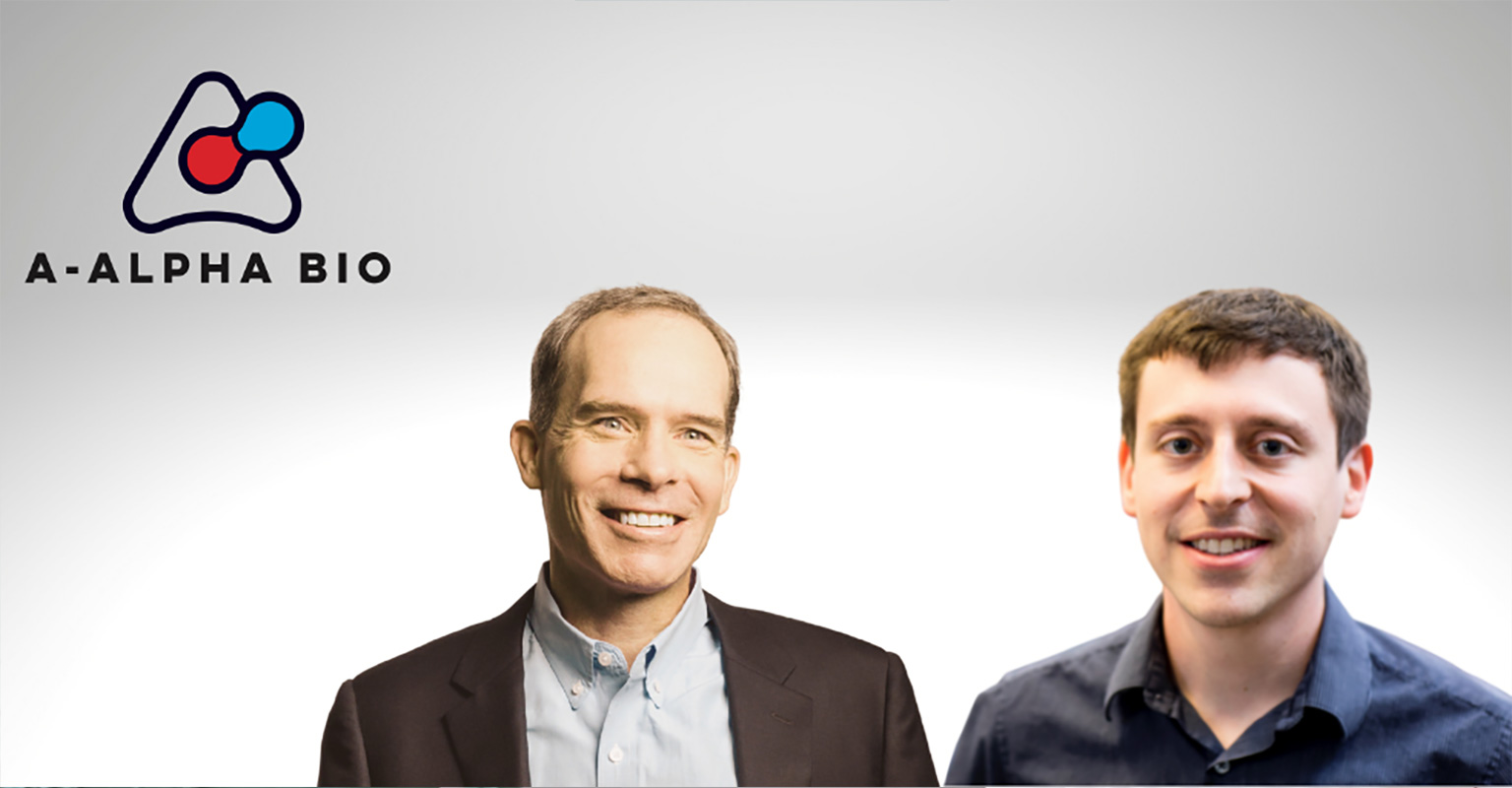When pharmaceutical companies set out to discover new small molecule therapeutics, they generally follow the same pattern: years of biology experiments followed by the slow process of designing and testing potential drug candidates. While some new methods have helped improve this process, the core steps and timeline are the same.
We believe there is enormous untapped potential in applying machine learning to improve the speed and accuracy of drug discovery. Yet even the most powerful artificial intelligence can’t operate with insufficient or murky data.
Interested in hearing from the founders and Chris? Check out this Founded & Funded podcast published in February 2022
Terray Therapeutics is creating a chemistry engine that brings together both pieces of the puzzle – modern AI and machine learning models and the most extensive chemical datasets in the world. We are thrilled to announce our lead investment in their $60 million Series A fundraise.
We started working with founders Jacob and Eli Berlin when we invested in their seed round. Prior to founding Terray, Jacob had previously spent eight years as a professor in the Beckman Research Institute at Los Angeles-based City of Hope Comprehensive Cancer Center, developing the core underlying technology and building the early stages of the company. The whole Madrona team was blown away by the wet-lab platform they had built and their ability to rapidly create vast chemical libraries and then screen them within minutes. Since then, the core technology has seen rapid advancements: Terray has industrialized its technology and now measures billions of precise chemical data points daily using their existing libraries of drug candidates, and the company continuously synthesizes libraries with many millions of new drug candidates – truly unprecedented speed, scale, and precision in the biotech world. Through their core technology, Terray transforms the drug discovery process from a low throughput slog to a machine learning-powered data problem.
By focusing on the scale and quality of their data, Terray enables AI-driven drug development. The team applies ML to each screening run, mapping each chemical compound to potential causes of disease and generating deep insight across the billions of interactions. The integrated wet lab and AI approach is key to the power of the platform and helps close the data science loop with true experimental data.
At Madrona, our Intersections of Innovation thesis is built around combining the power of data and computer science with life science research. Bringing together these two disciplines is creating an entirely new area of biotech innovation. This often means combining machine learning and wet-lab innovation, as in the case of Terray. We believe Terray holds the key to improving the drug discovery processes – its ability to generate and precisely measure novel datasets allows for the rapid iteration of scientific hypotheses and the ability to arrive at life-saving small molecule drugs at a significantly faster rate than possible with traditional techniques.
Working with the Terray team has been a joy over the last two years. Brothers Jacob and Eli Berlin founded the company, utilizing their unique skill sets from decades of innovative scientific research and finance, respectively. Since then, they’ve built a world-class management team with deep computational and experimental drug discovery and development expertise and assembled a team of 50 world-class data and experimental scientists who are passionately pursuing building something that will benefit society. We couldn’t be more excited to deepen our partnership with them alongside a world-class syndicate of investors.
Terray’s vision is emblematic of why we are passionate about our Intersections of Innovation thesis and a great example of applying the power of modern software and machine learning to previously intractable science problems.


